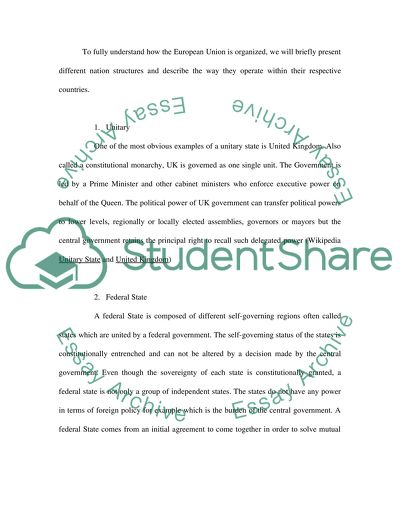Cite this document
(European Union Law Structure Essay Example | Topics and Well Written Essays - 1750 words, n.d.)
European Union Law Structure Essay Example | Topics and Well Written Essays - 1750 words. https://studentshare.org/law/1513676-european-union-law-structure
European Union Law Structure Essay Example | Topics and Well Written Essays - 1750 words. https://studentshare.org/law/1513676-european-union-law-structure
(European Union Law Structure Essay Example | Topics and Well Written Essays - 1750 Words)
European Union Law Structure Essay Example | Topics and Well Written Essays - 1750 Words. https://studentshare.org/law/1513676-european-union-law-structure.
European Union Law Structure Essay Example | Topics and Well Written Essays - 1750 Words. https://studentshare.org/law/1513676-european-union-law-structure.
“European Union Law Structure Essay Example | Topics and Well Written Essays - 1750 Words”. https://studentshare.org/law/1513676-european-union-law-structure.


